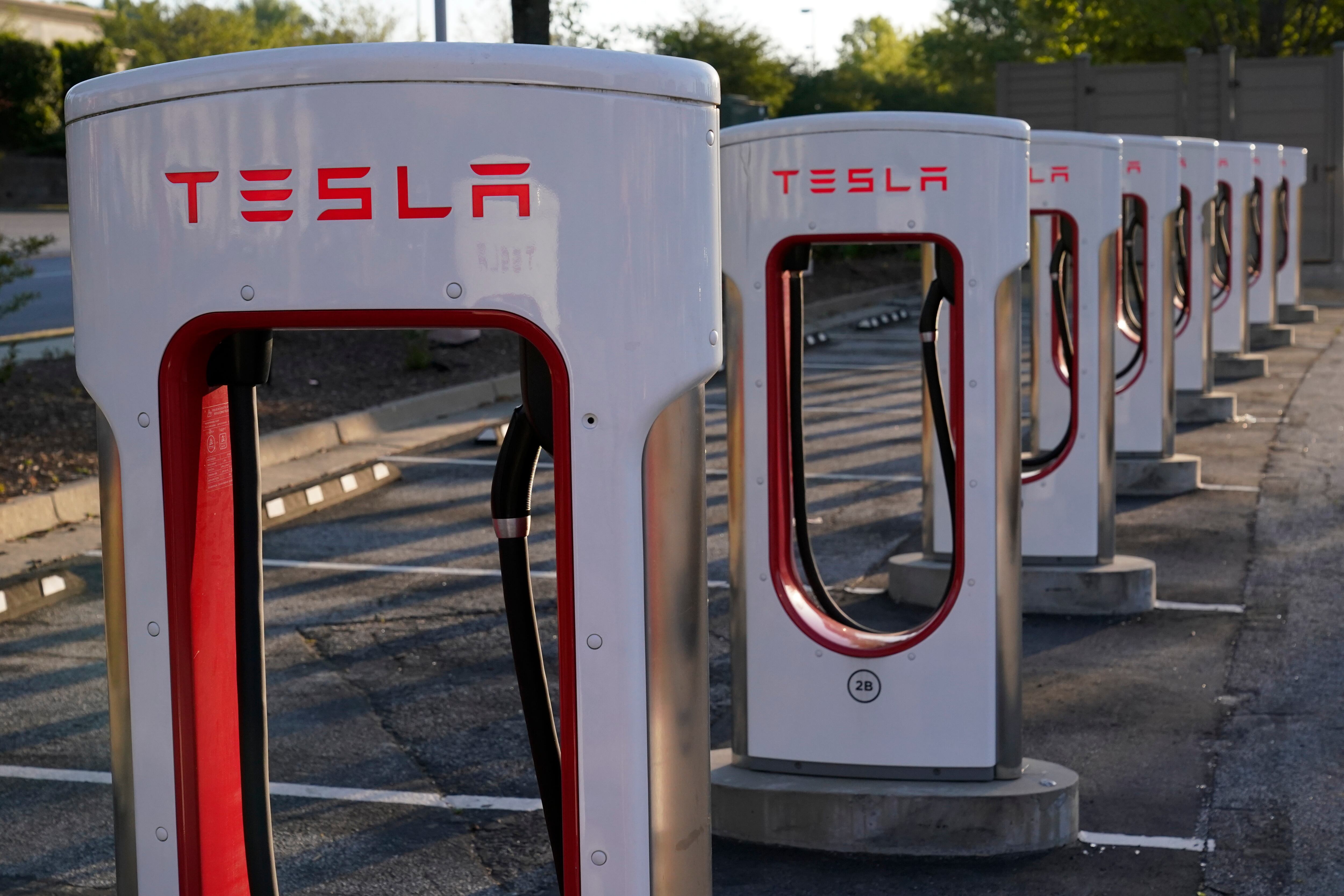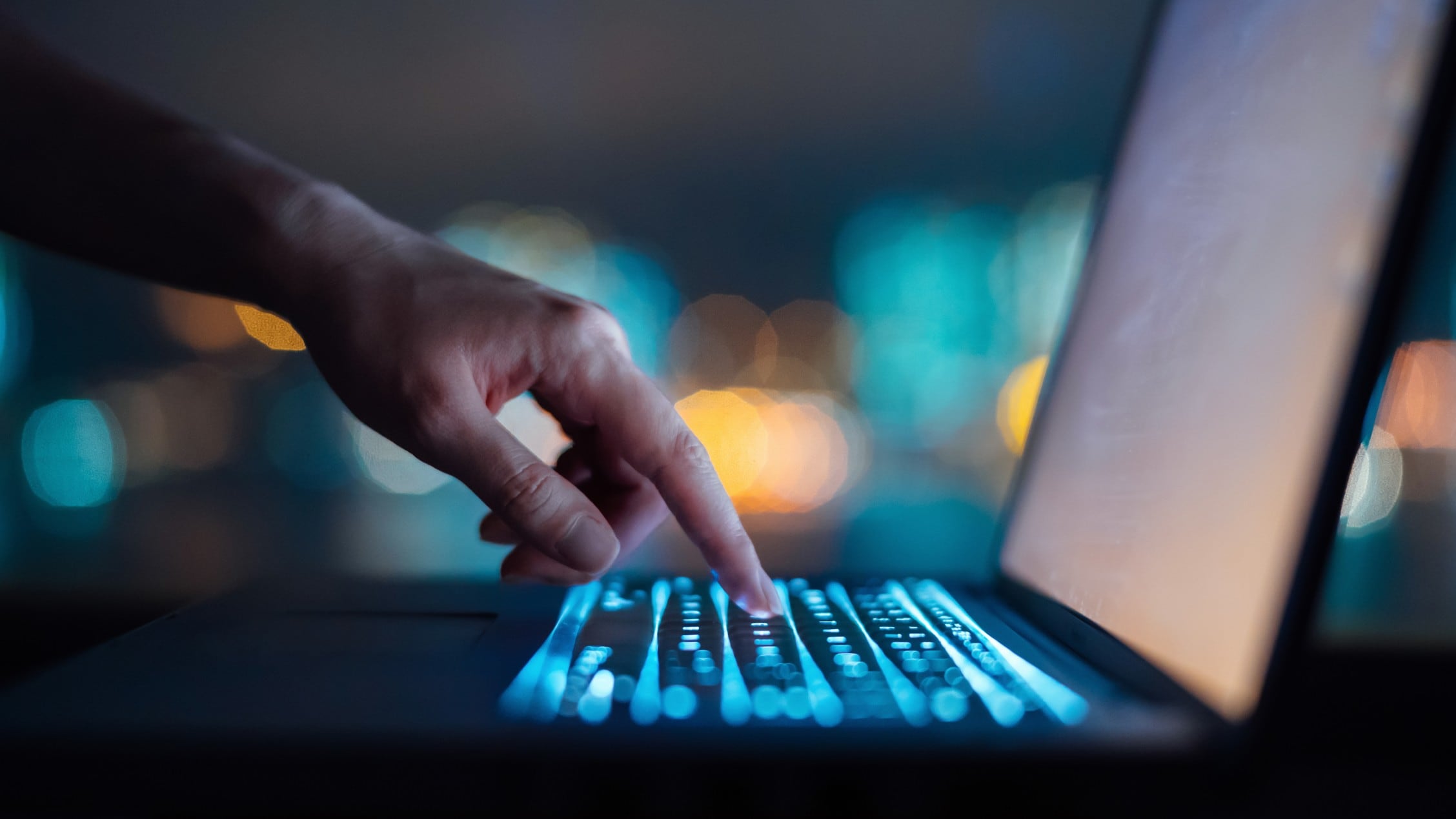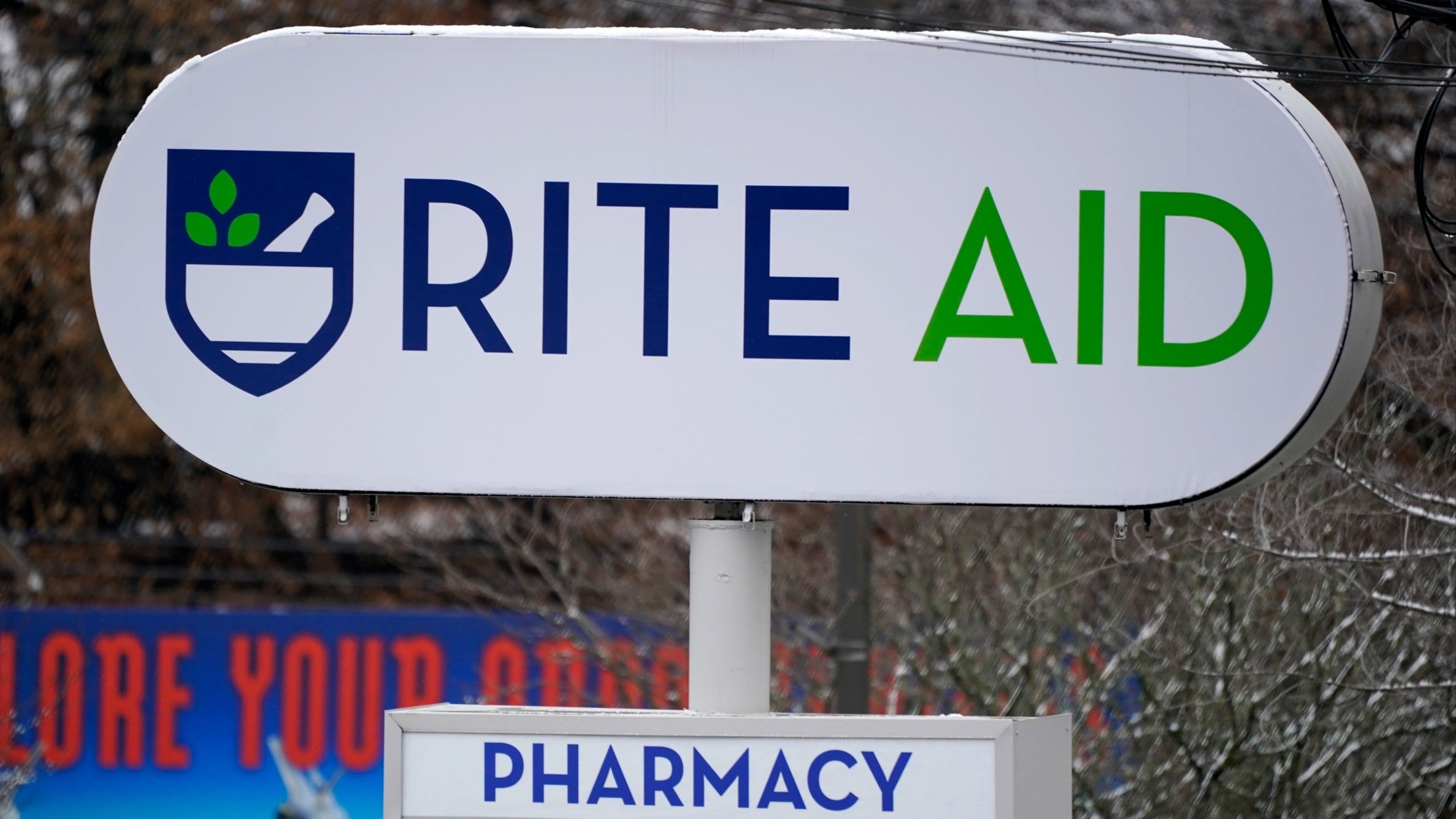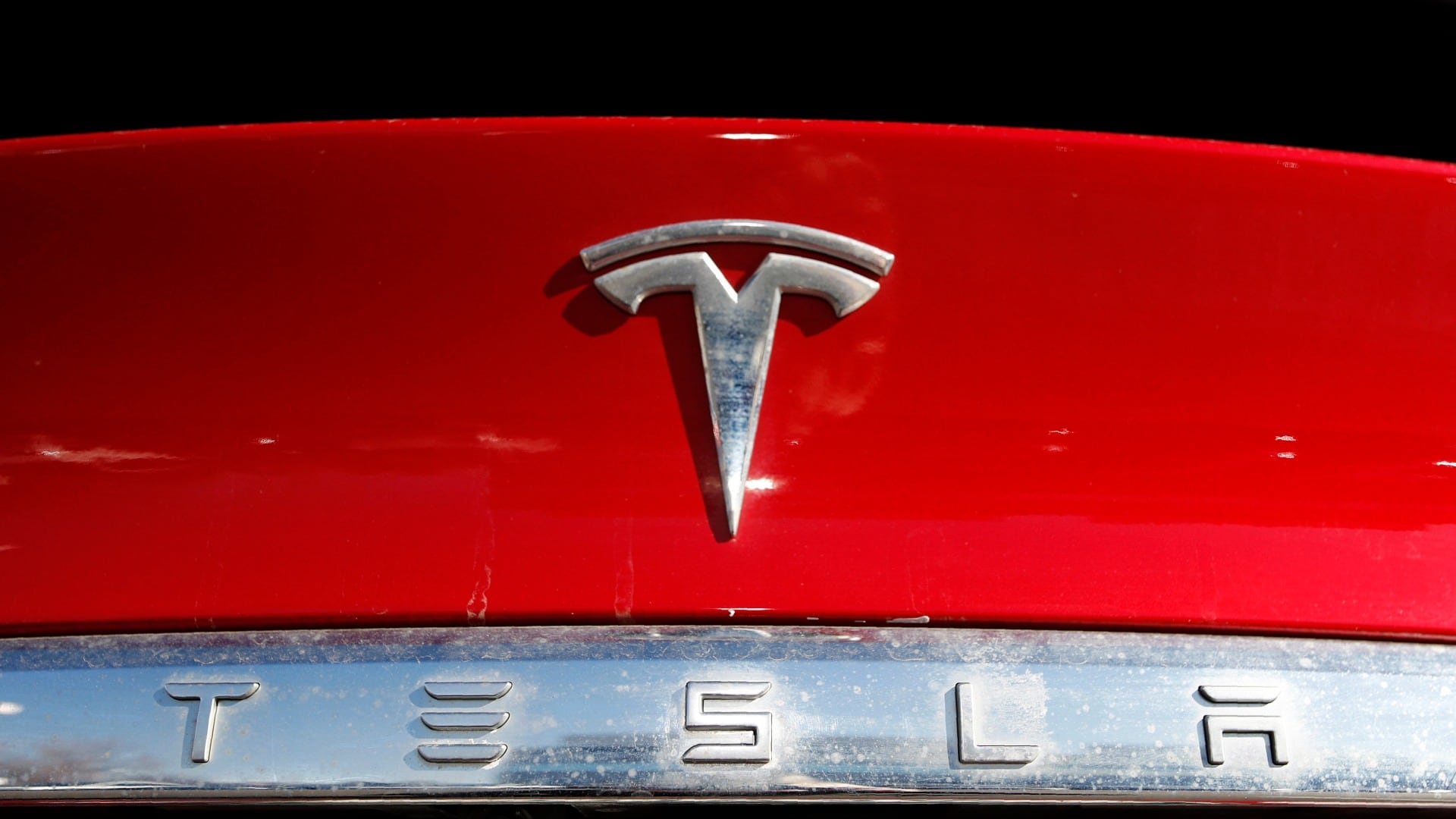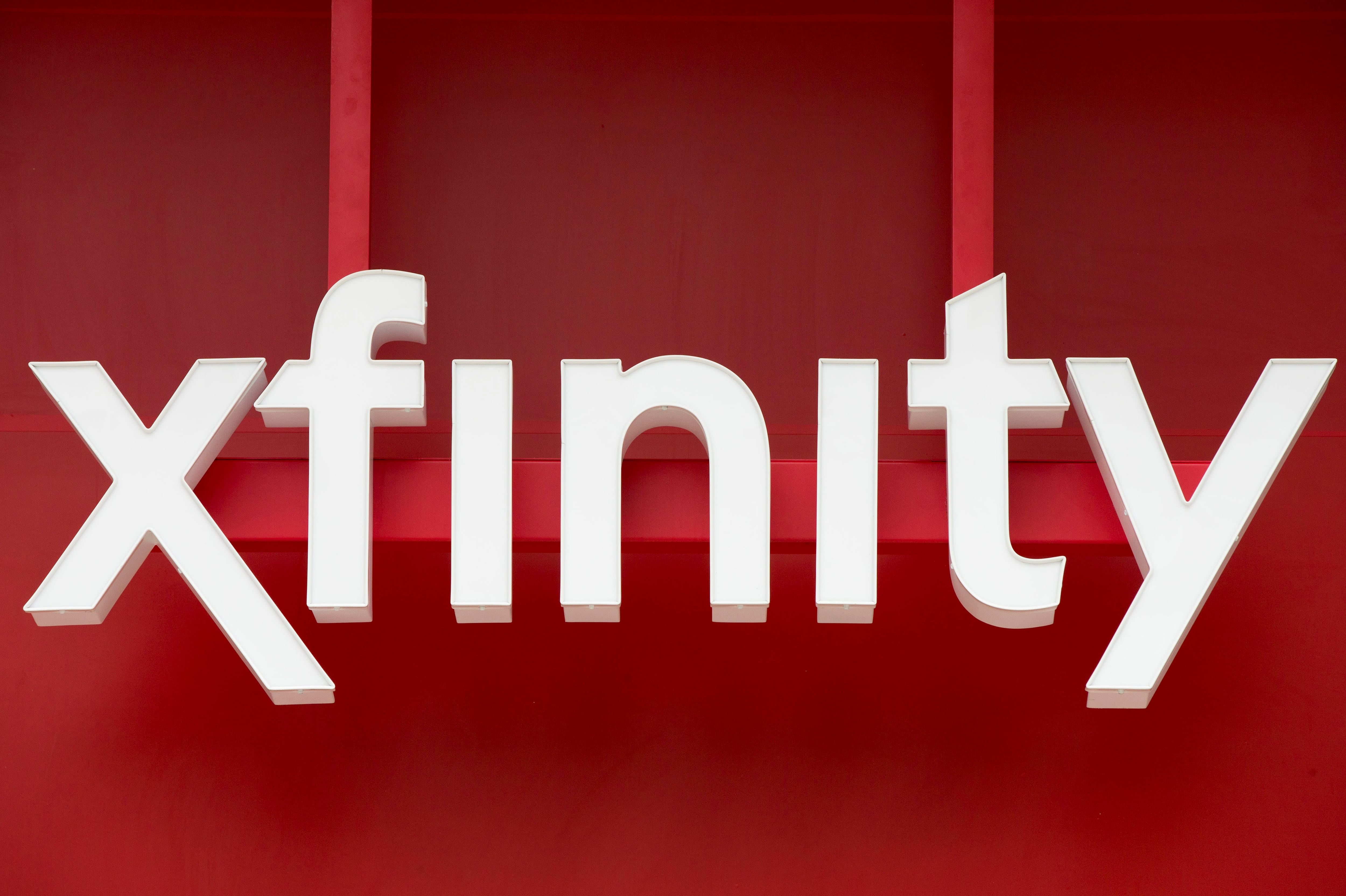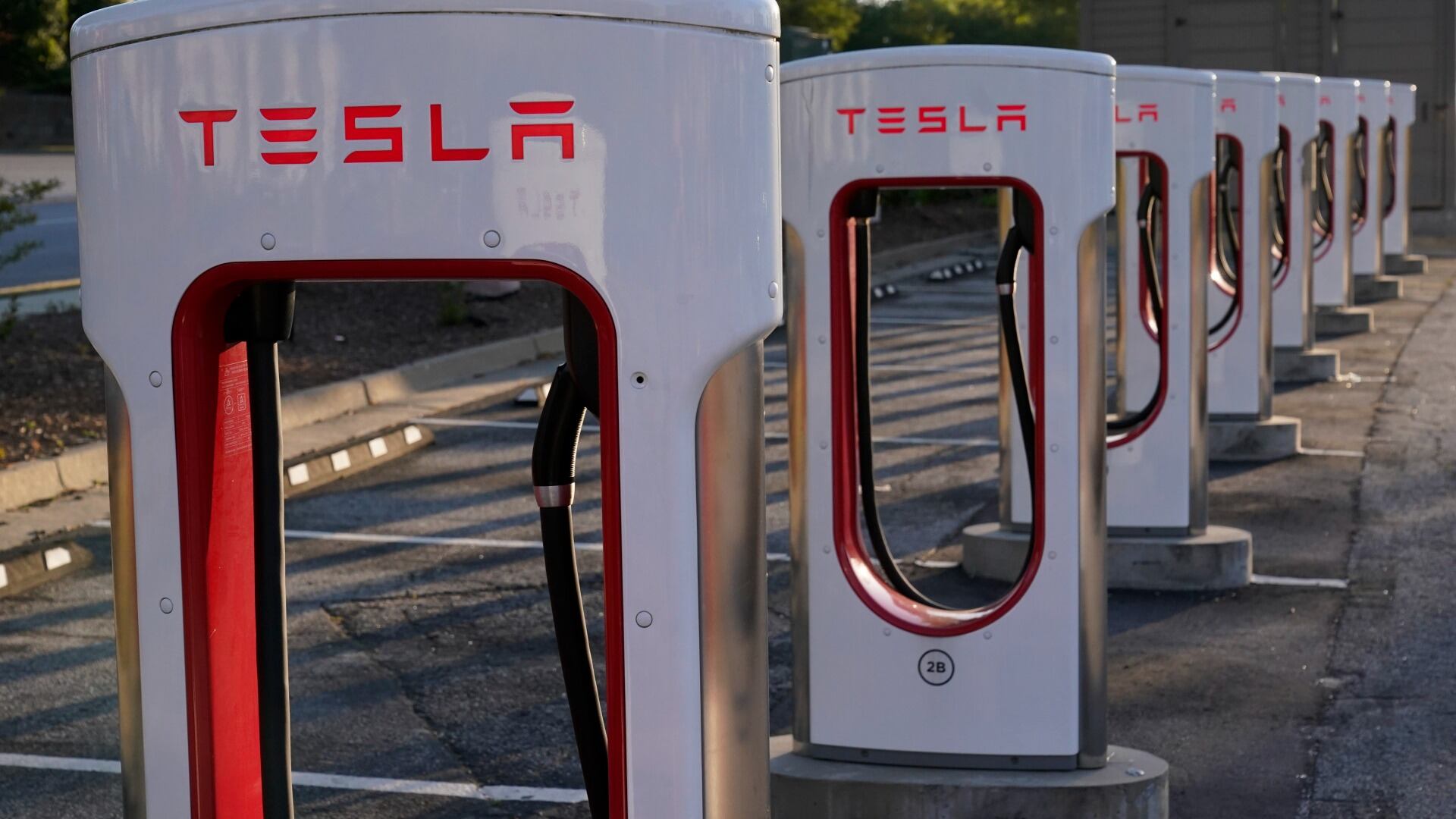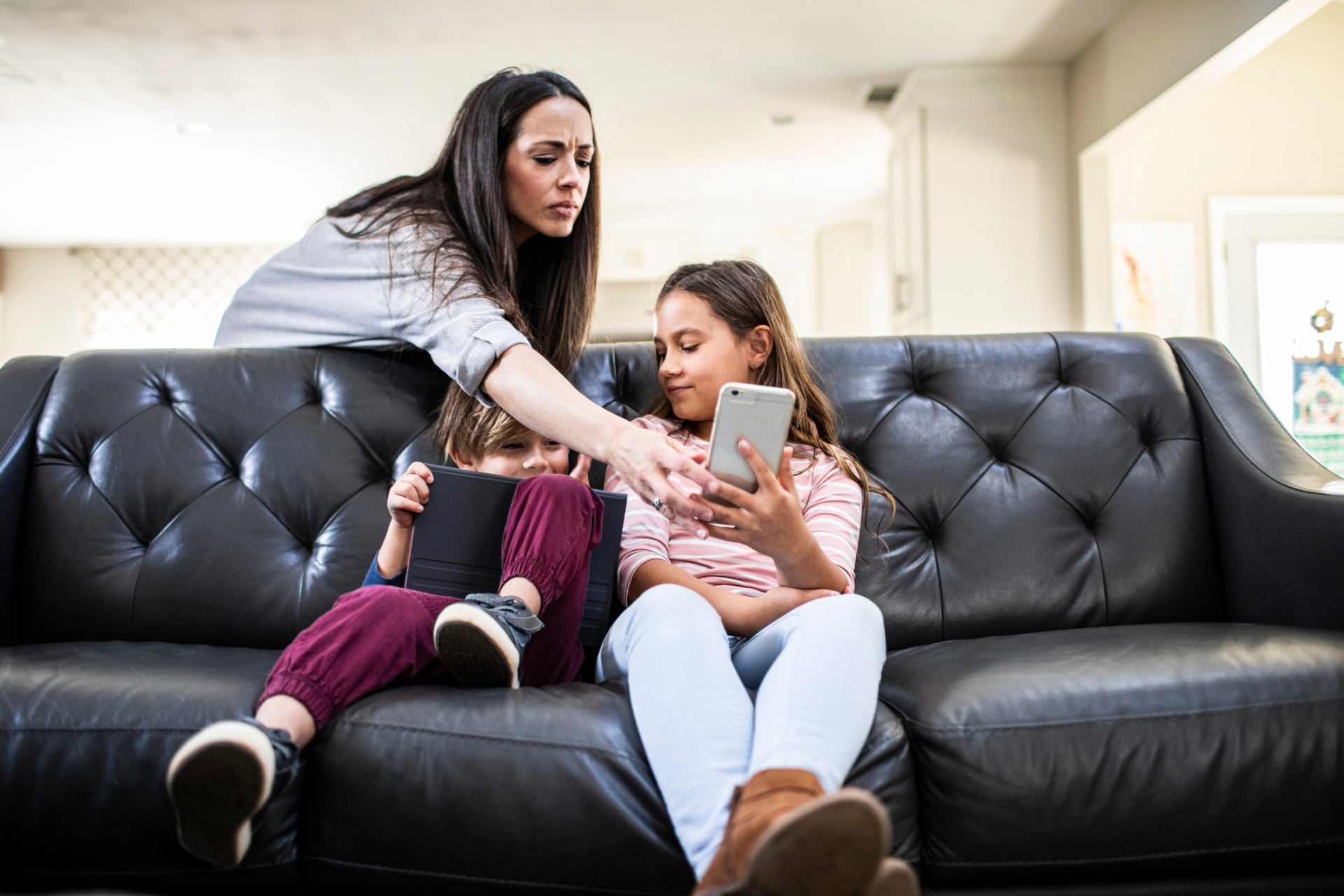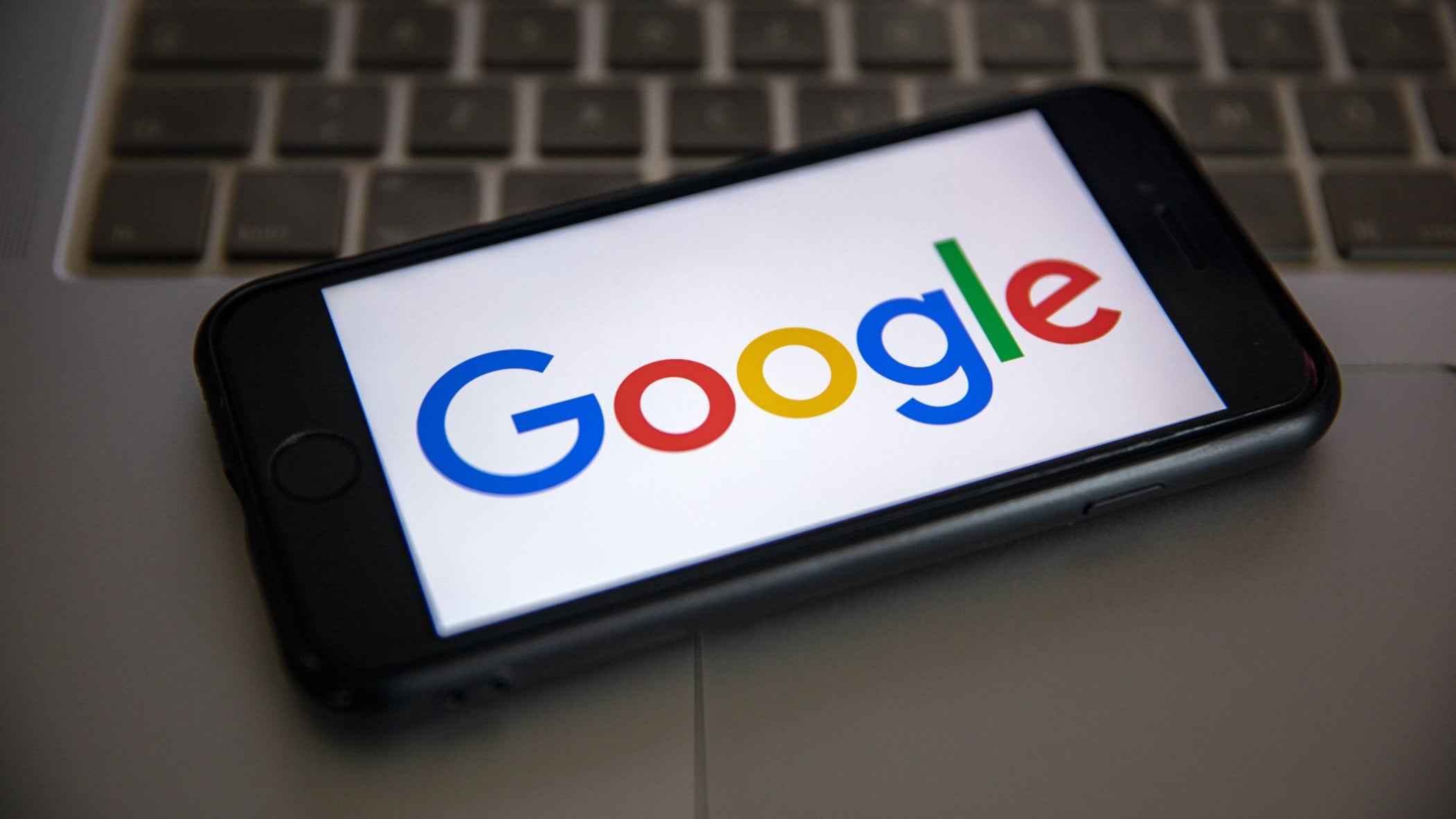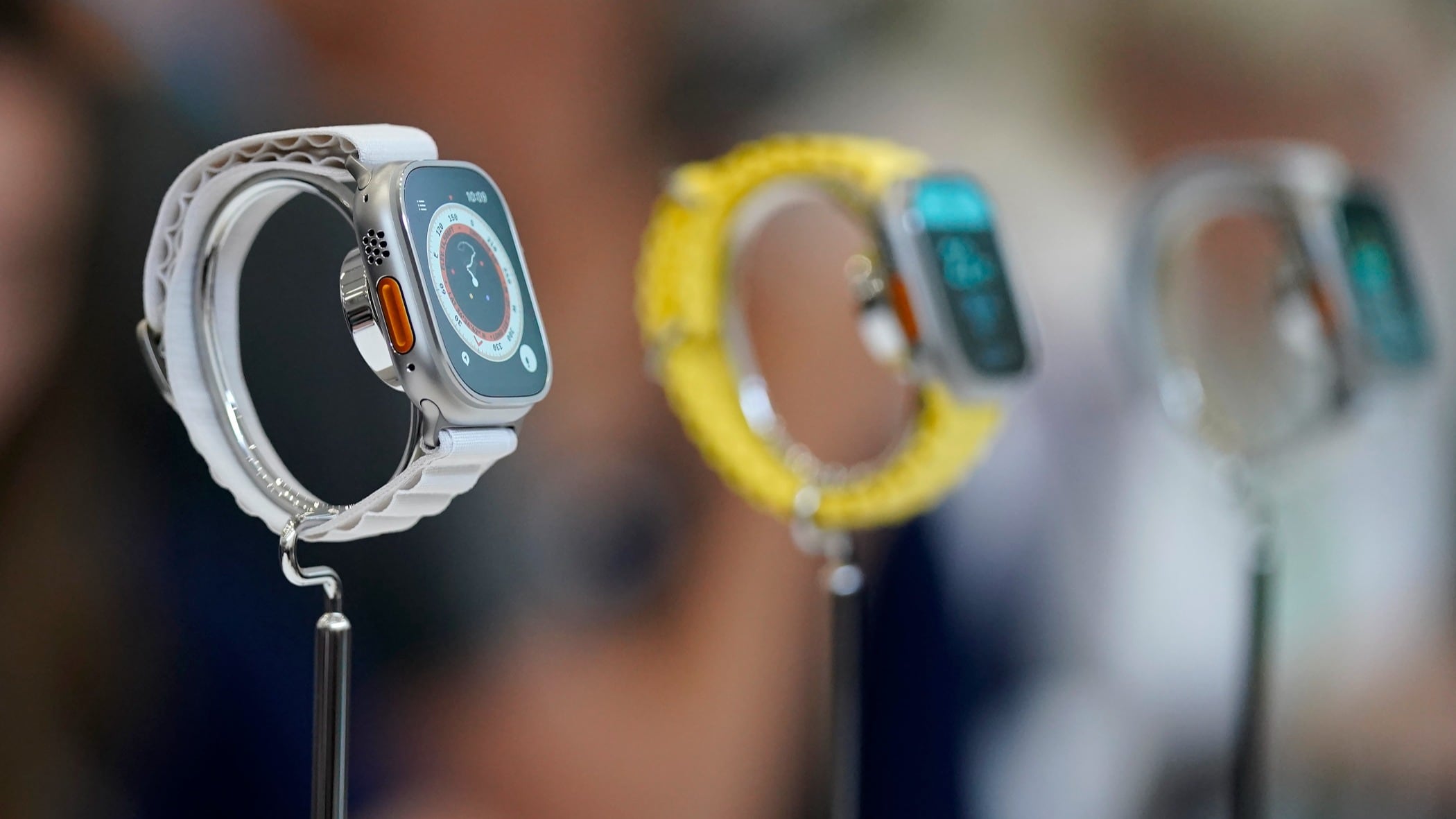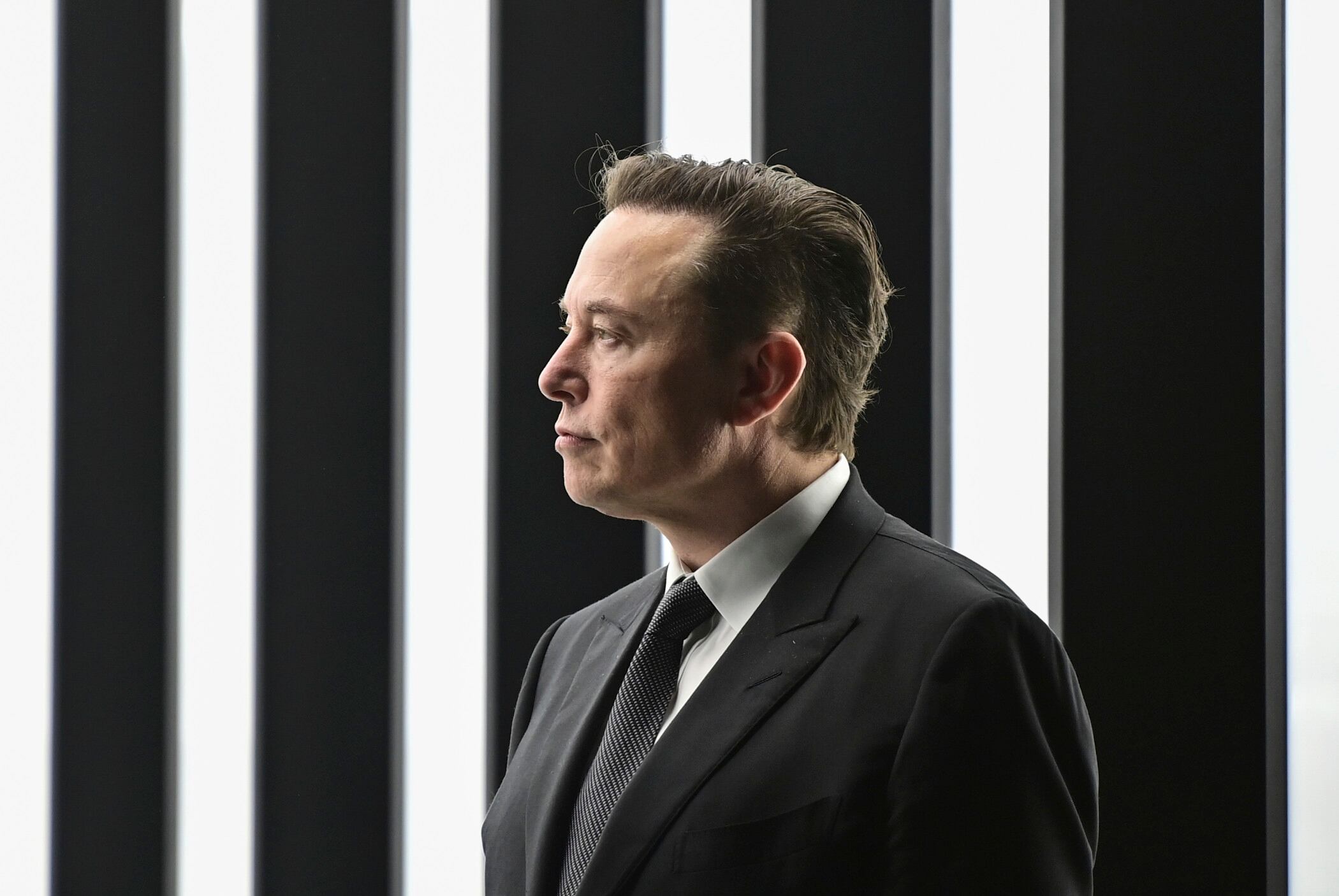The Biden administration on Wednesday announced a new program under the Bipartisan Infrastructure Law that aims to expand the infrastructure needed to keep electric vehicles charged.
Here are some of the biggest takeaways:
The White House also highlighted actions from several companies to help expand access to EV chargers, including Tesla's decision to open at least 7,500 stations in its U.S. Supercharger and Destination Charger network to non-Tesla vehicles by the end of 2024.
"All EV drivers will be able to access these stations using the Tesla app or website," the White House said in a statement. "Additionally, Tesla will more than double its full nationwide network of Superchargers, manufactured in Buffalo, New York."
Hertz and bp, meanwhile, plan to build a national network of fast-charging stations designed to serve rideshare, tax drivers, car rental customers, and the general public near "high-demand locations, such as airports."
The White House also championed efforts by companies such as General Motors, Mercedes-Benz, Volvo Cars, and Starbucks to expand the EV charging network.
The administration said all of these initiatives support President Joe Biden's goal of making electric vehicles 50 percent of all auto sales by 2030. In 2022, they made up about 10 percent of all sales.
Hidden inside the foundation of popular artificial intelligence image-generators are thousands of images of child sexual abuse, according to a new report that urges companies to take action to address a harmful flaw in the technology they built.
Rite Aid has been banned from using facial recognition technology for five years over allegations that a surveillance system it used incorrectly identified potential shoplifters, especially Black, Latino, Asian or female shoppers.
Tesla drivers in the U.S. were in more accidents than drivers of any other car brand this year, according to a study.
Hackers accessed Xfinity customers’ personal information by exploiting a vulnerability in software used by the company, the Comcast-owned telecommunications business announced this week.
The White House is lending its support to an auto industry effort to standardize Tesla’s electric vehicle charging plugs for all EVs in the United States.
A group representing several big tech companies is suing Utah over state laws about children's social media use.
A new study published in the journal Behavior and Information Technology reveals less time on social media makes people happier and more efficient at work.
Google has agreed to pay $700 million to settle an anti-trust settlement.
Apple announced that starting this week, it will stop selling some versions of the Apple watch in the U.S.
The European Union is investigating Elon Musk's X over alleged illicit content and disinformation on its platform. Cheddar News breaks it all down and discusses what it could mean for users.
